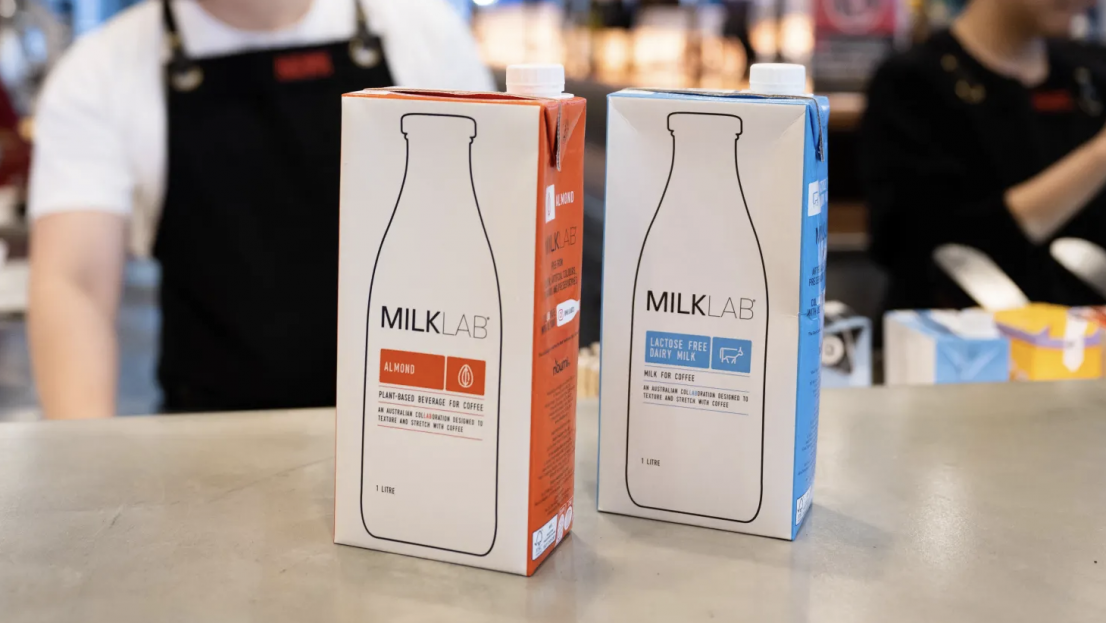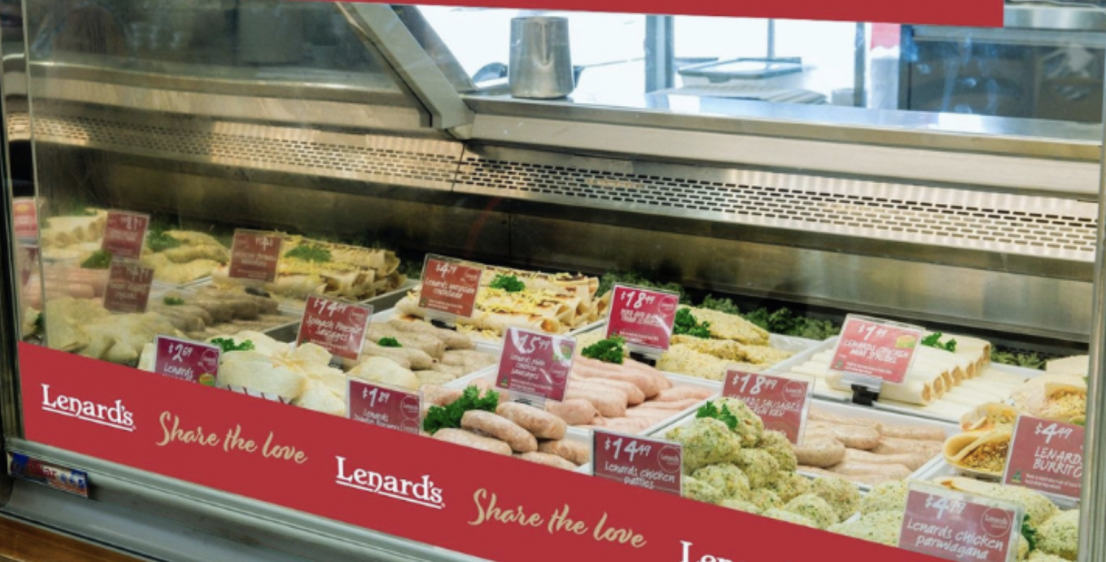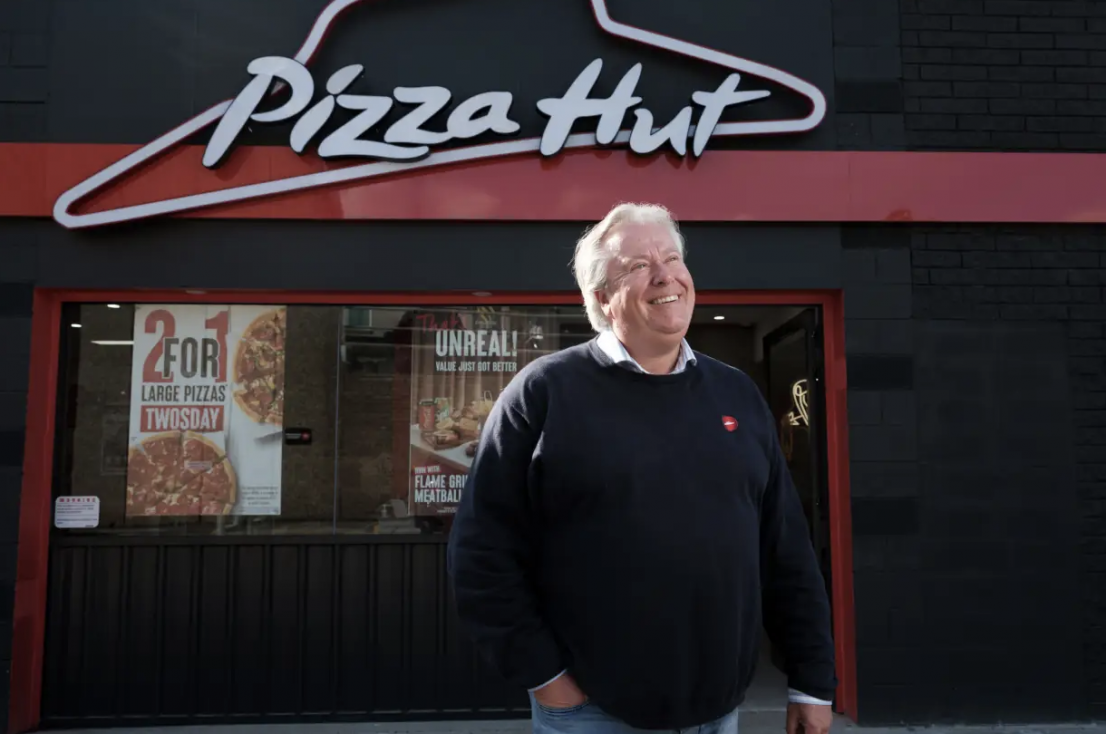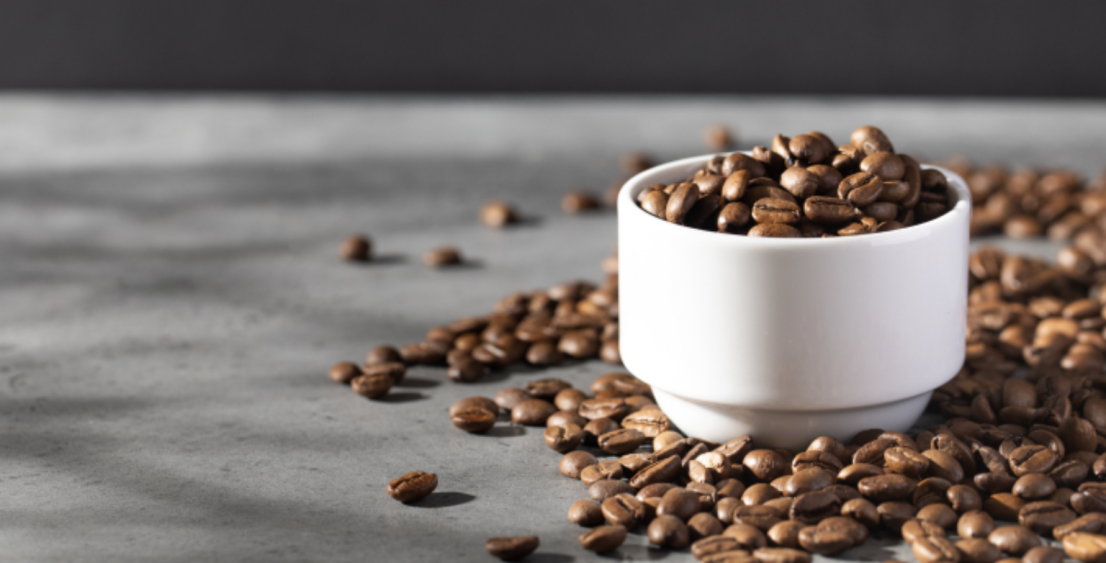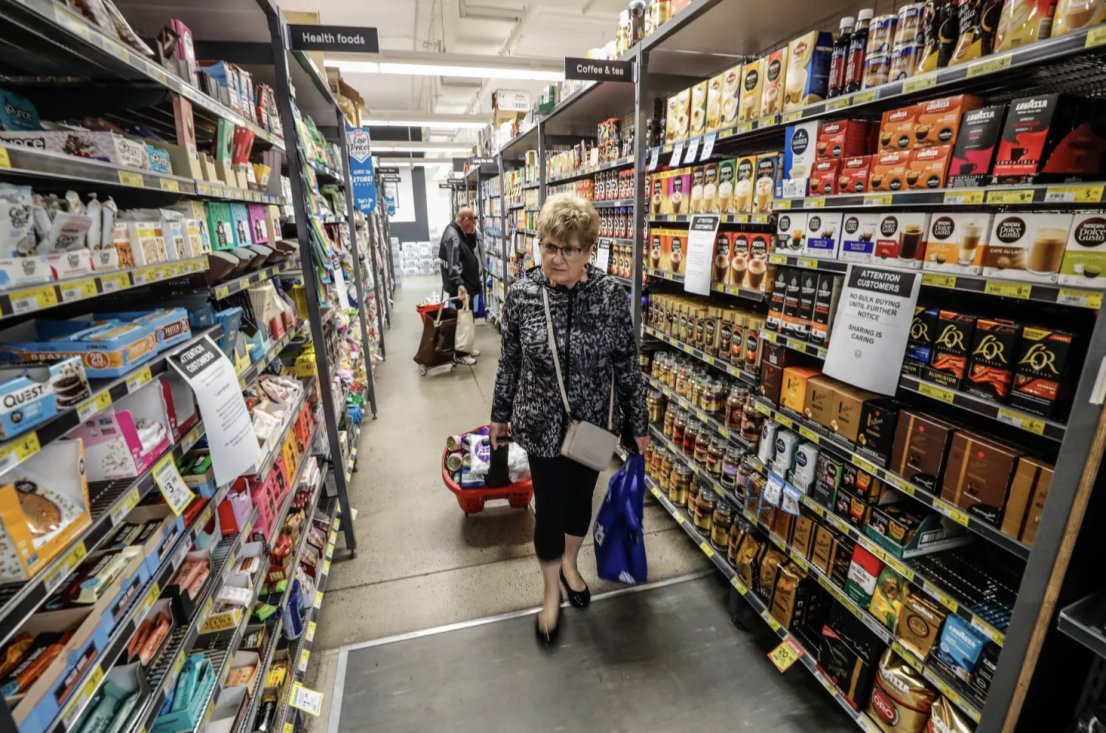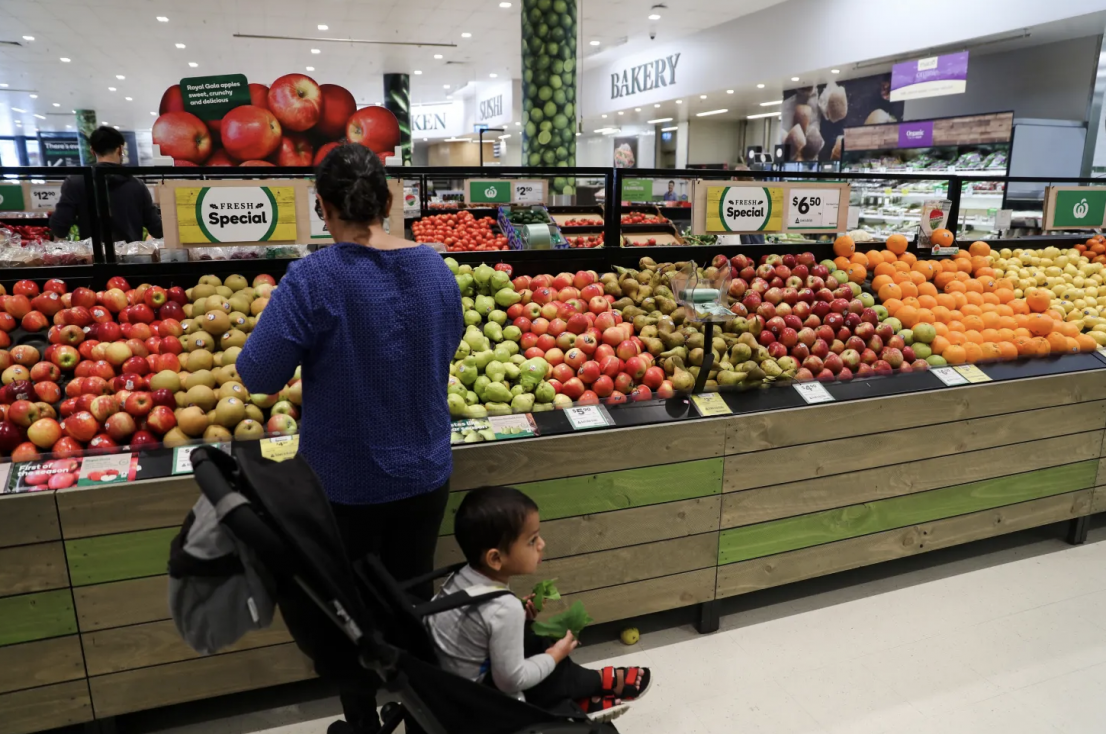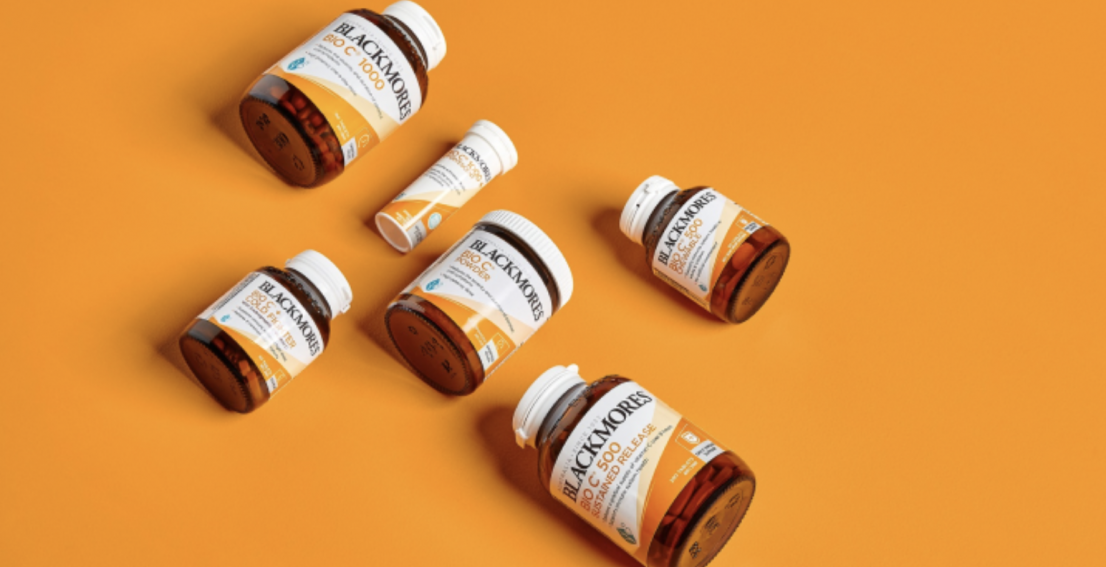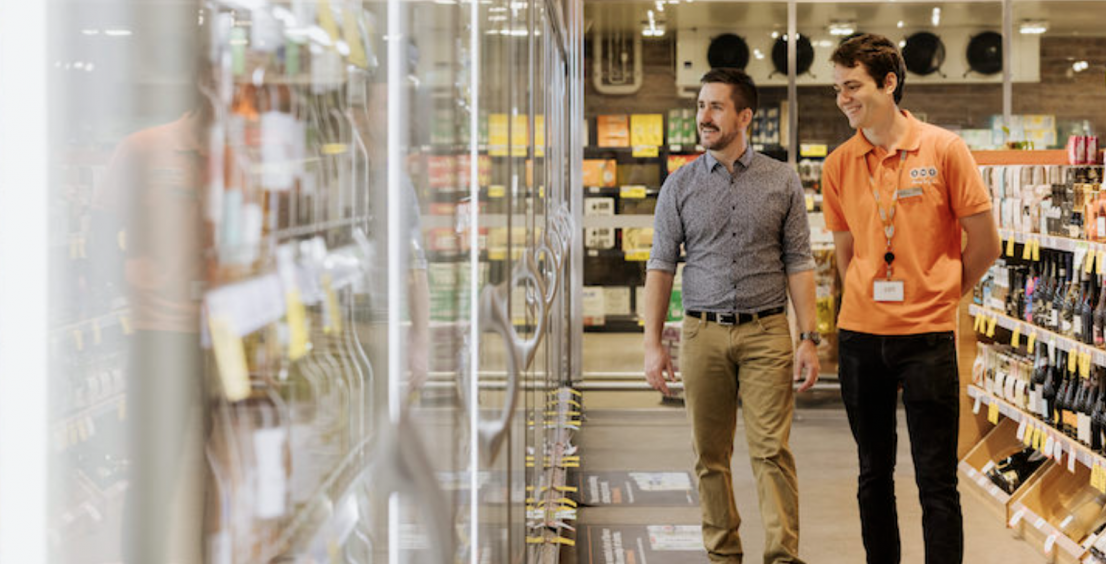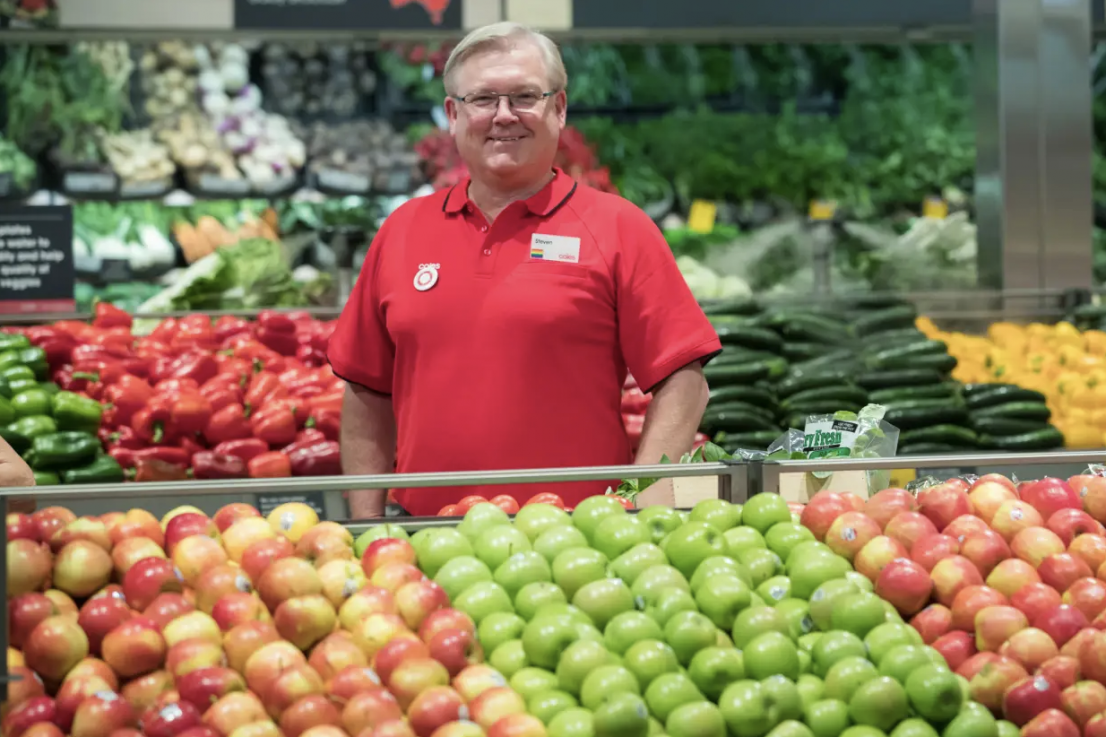
A2 Milk has outlined a renewed focus on building back its pandemic-battered Chinese daigou community while announcing a share buyback of up to $NZ150 million ($133.6 million).
The milk and infant formula maker swung back to profit in the 2022 financial year, with revenue up 19.8 per cent to nearly $NZ1.5 billion and net profit after tax rose 42.3 per cent to $NZ114.7 million.
A2 Milk’s share price jumped nearly 10 per cent higher on the back of the latest numbers to close on $5.40.
While revenue from its overall Asia segment rose 24.5 per cent, its daigou channel revenue slid by 17 per cent in the 2022 financial year, following a 42 per cent slide in 2021. Daigous are shoppers who buy and export premium goods to customers in China for a profit.
But the New Zealand-headquartered company is now refocusing on regrowing the daigou channel, which chairman David Hearn previously said was “never going to be quite the channel it once was”, and has ramped up its marketing content and sales events in efforts to regain market share.
A2 Milk CEO David Bortolussi said the slowed rate of decline in the daigou channel was proof it was “turning a corner”, and he “absolutely” wanted the lucrative but pandemic-disrupted channel to bounce back to its heyday.
“The daigou channel, through one-to-one word of mouth recommendation, is a really powerful form of new user recruitment and communicating our brand messaging through the market more generally. So it’s a really important and effective channel we want to support,” Bortolussi said on Monday.
A2 Milk has strengthened relationships with Chinese daigou resellers by setting up its own WeChat channel to communicate directly about products, creating sales and brand launches and product innovations. The company’s Platinum infant formula has new packaging and a “slightly new” formulation.
The dual-listed company’s share buyback is slated to start at the end of September and run for 12 months across the ASX and NSX, the New Zealand bourse.
Bortolussi said the buyback came as a result of assessing its net cash balance of $NZ817 million and determining that it had more than enough of a buffer for investment and market volatility and was left with “excess capital”.
“[We have] about $NZ150 million in surplus to our needs at the moment and going forward, we reviewed alternative ways to return that capital to shareholders, and we decided that the most appropriate means at this point in time – and it could be different in the future – is to execute an on-market buyback ... which is a real sign of confidence in our outlook,” he said.
Revenue from its Australia and New Zealand markets slid by 4.8 per cent to $533 million as a “direct consequence” of a restructured sales strategy while US market revenue rose 30 per cent to $83 million.
A2 Milk, which has been pipped by smaller player Bubs Australia in supplying infant formula to the US and had its own application “deferred” by the US Food and Drug Administration (FDA), is still open to the market opportunity, but Bortolussi played down its significance. He said it would have been unlikely to have made a material difference to the company’s outlook.
“It’s a very big market and profitable, but it’s very concentrated and highly competitive ... when you look at others that have entered the category over there, they’ve really struggled to gain any significant share and develop a profitable sustainable business,” Bortolussi said.
The $NZ3.62 billion company stands by ready to support “mostly from a humanitarian basis” to ensure mothers and babies have access to infant formula.
“If we ever get that opportunity in the future, and there’s a commercial opportunity in the longer term, then we’d explore that. It’s not a big deal,” Bortolussi said.
“Even if we had have received FDA approval, I doubt whether that would have changed our outlook. It would be significant to our US business, but not to the a2 Milk company overall.”
The company will be forced to raise prices on its products amid significant increases in global dairy commodity prices, as well as cost pressure across the supply chain, including logistics, freight warehousing and employee costs.
Citi analysts, which have a neutral rating on A2 Milk, said the company’s net profits overshot expectations by 7 per cent, driven by “better-than-expected” performance in China.


